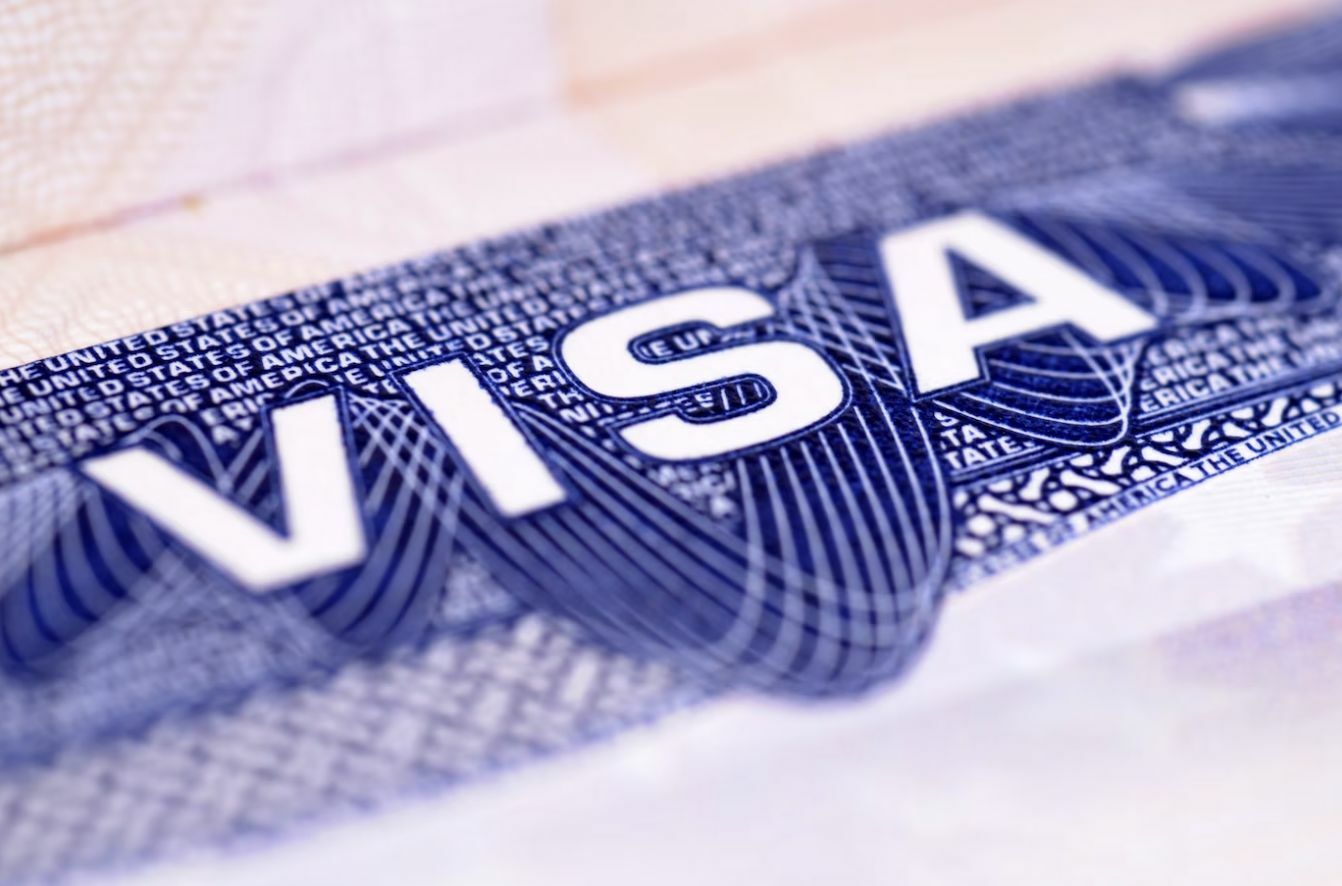Working in real estate as an expat in Thailand: What you need to know

Picture yourself sipping coconut water while exploring the hustle and bustle of a thriving metropolis, or admiring the breathtaking sunset over a pristine beach after a productive day at work. Sounds enticing, right? These dreams can become reality if you decide to embark on a real estate career in Thailand. As the Thai property market continues to grow, opportunities for expats are expanding too, making it an exciting place to call home. And if you have an interest in this industry, let us walk you through everything you need to know about securing a real estate job in Thailand and making the most of your expat experience.
Why choose Thailand for your real estate career?

1. Significant growth in the real estate industry
As one of Southeast Asia’s most popular destinations, Thailand is famous for its incredible culture, vibrant cities, and stunning natural beauty. The allure extends to its property market, which is experiencing significant growth thanks to factors such as increased tourism, a stable economy, and a rising number of international investors.
2. The rising demand for real estate jobs in Thailand
With more investors looking to tap into the potential of the Thai market, there is a growing need for qualified professionals to meet this demand, particularly those with international experience. As an expat with a real estate background, you can bring the necessary skills, knowledge, and expertise that local businesses are seeking.
3. Unique advantages for expats
Expats have a unique advantage when working in the Thai real estate industry. Your knowledge of foreign markets, languages, and global transaction processes can help bridge the gap for international clients seeking to invest in the Land of Smiles. Moreover, this added value is helping to shape Thailand’s property landscape, opening up new possibilities for expats to thrive.
Can foreigners work in real estate in Thailand?

Before diving into the Thai property sector, familiarize yourself with the local laws and regulations to avoid potential pitfalls. This includes understanding restrictions on foreign property ownership, zoning laws, and the intricacies of the Thai legal system. So, can foreigners work in real estate in Thailand? The answer is yes, as long as they have the correct visa and work permit.
1. Securing the right visa and work permit
To work legally in Thailand, you’ll need a Non-Immigrant visa “B” and a work permit. Be sure to research the application process and gather all the necessary documents before arriving in the country, ensuring a smooth transition to your new professional life.
Start by applying for a Non-Immigrant “B” or Business Visa at a Royal Thai Embassy or consulate in your home country. The visa fees are 2,000 Baht for a single entry (valid for three months) and 5,000 Baht for multiple entries (valid for one year).
Once you arrive in Thailand, the next step is to secure a work permit, which is required in addition to the Non-Immigrant “B” visa. If you’re hired by a real estate company, your employer can assist you in applying for this permit once you are in the country.
2. Taxes and obligations as an expat working in Thailand
Thailand’s income tax encompasses various income sources, such as salary, professional fees, interests, dividends, capital gains from securities, royalties, property rental, and consulting or contracting income. Typically, annual earnings above THB 150,000 are subject to taxation in Thailand, regardless of the income source.
As an expat employed in Thailand, you likely already possess a tax identification number (TIN). Thus, making you liable for income tax payments in the country. The TIN is a small card displaying your tax ID. To apply for one, visit the tax office and provide the following documents:
- Your passport and valid visa/visa exemption
- A valid lease agreement with a duration of six months or longer
- Proof of having resided in Thailand for at least 180 days out of the past 365 days, such as entry stamps or bank receipts
If you haven’t spent 180 out of the last 365 days in Thailand but still have tax liability in the country, you might still be eligible for a TIN. In this case, you’ll need to present additional documentation to prove your tax residence, such as proof of investment or documents demonstrating intent to purchase property.
How to land a real estate job in Thailand as a foreigner

1. Networking is important
Securing a real estate job in Thailand starts with getting yourself noticed. Connect with local real estate agents, attend industry events, and leverage online resources such as LinkedIn and local job portals to find potential opportunities.
2. Upgrade your skill set
Upgrading your skill set is always a smart move. Learn the local property laws, attend local real estate training courses, and familiarize yourself with Thai customs and traditions to make sure you don’t miss out on a great opportunity due to cultural differences.
3. Show your passion
Let your enthusiasm for Thailand’s real estate scene shine through in your job search. Show potential employers that you’re genuinely interested in the market, and they’ll be more inclined to consider you for available positions.
How to thrive in Thailand’s real estate industry

1. Adaptability is important
Being adaptable is crucial for success in Thailand’s real estate industry. Therefore, always be open to learning from your local colleagues and accepting new ways of doing business. Your ability to adapt will be rewarded with valuable insights and experiences.
2. Build trusts and relationships
Networking plays a vital role in your pursuit of a successful career in Thailand. You can network by attending industry events and participating in online forums. Moreover, you can also utilize platforms like Facebook and LinkedIn to establish a strong network of contacts.
3. Communicate effectively
Clear and effective communication is a must in the Thai property sector. Brush up on your negotiation skills, learn the local lingo, and be prepared to navigate potential language barriers in order to secure successful deals.
Where are the top locations for real estate jobs in Thailand?

The prime regions for real estate in Thailand are Bangkok, Chiang Mai, Phuket, and Pattaya. These four locations are among the most popular and promising for expats interested in real estate careers in Thailand. Each offers unique opportunities and challenges, so research each area to determine which is best suited to your professional goals. Depending on your preferences, you may choose to focus on city living, with the bustling property market in Bangkok, or take advantage of the booming coastal resort markets in Phuket and Pattaya.
But aside from the four major areas, be sure to keep an eye on up-and-coming areas as well, such as the Eastern Economic Corridor (EEC) and Chiang Rai. These regions present exciting prospects for future property investments.
To wrap things up, taking the plunge into Thailand’s bustling real estate market is a fantastic adventure for expats looking for a change of pace. By learning the ins and outs of the Thai property scene, making friends in the industry, and getting acquainted with local customs and regulations, you’ll be all set for an amazing career in this beautiful country. As you settle into your new expat life, just remember that rolling with the punches and connecting with like-minded people are the keys to making the most of your Thai real estate job.
Latest Thailand News
Follow The Thaiger on Google News:


























